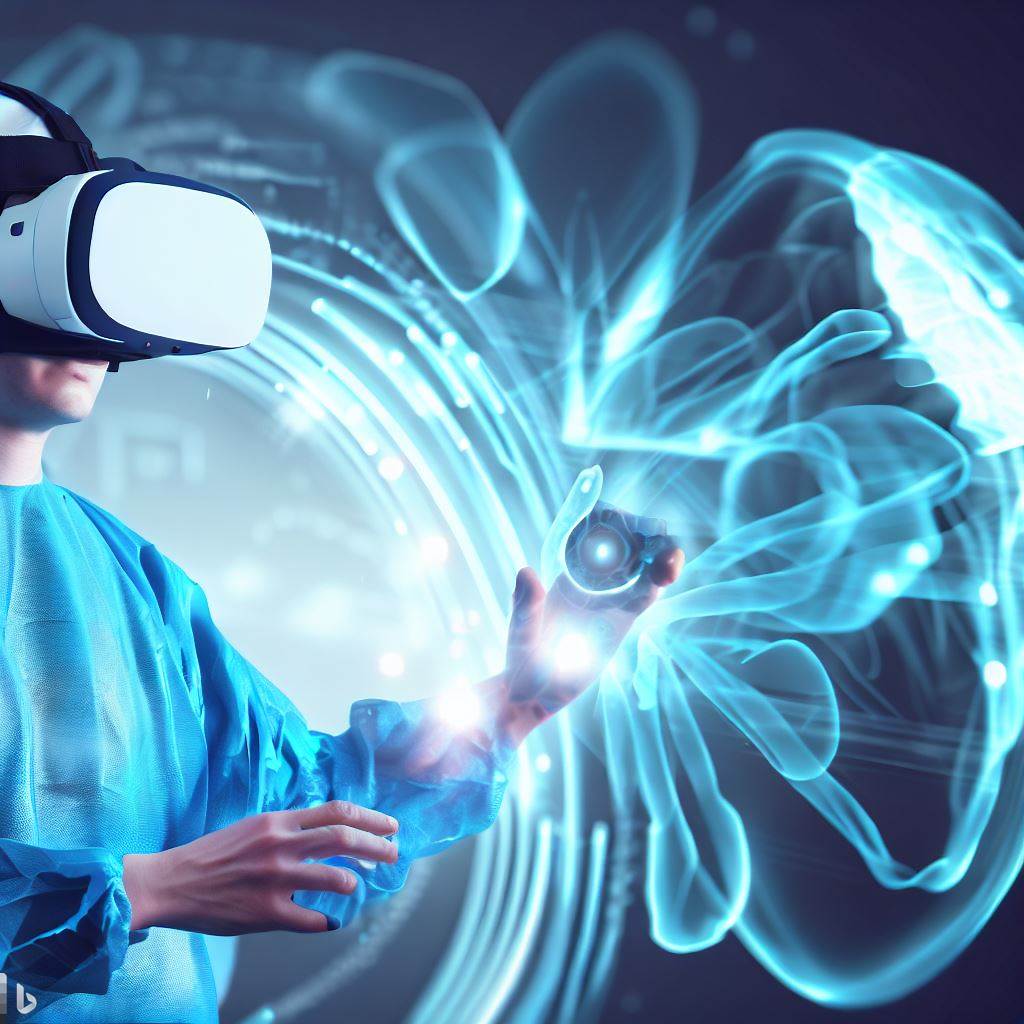Advancements in VR Surgical Simulations: Revolutionizing Training and Skill Development in the Operating Room

The field of surgery has always been one of the most challenging and complex areas of medicine. Surgeons require years of training and experience to develop the skills necessary to perform complex procedures with precision and accuracy. However, with the advent of virtual reality (VR) surgical simulations, the way surgeons are trained and developed is undergoing a revolution.
VR surgical simulations are designed to provide surgeons with a realistic and immersive training experience that closely mimics the conditions of an actual operating room. These simulations use advanced technology to create a virtual environment that allows surgeons to practice procedures and develop their skills in a safe and controlled environment.
One of the key benefits of VR surgical simulations is that they provide surgeons with a level of realism and interactivity that is not possible with traditional training methods. Surgeons can practice procedures on virtual patients, using the same tools and techniques they would use in a real operating room. This allows them to develop their skills and gain experience in a way that is not possible with traditional training methods.
Moreover, VR surgical simulations are highly customizable, allowing surgeons to practice specific procedures and techniques that are relevant to their area of specialization. This means that surgeons can focus on developing the skills they need to perform complex procedures with confidence and accuracy.
Another benefit of VR surgical simulations is that they can be used to train surgeons in a variety of settings, including remote and underserved areas. This is particularly important in areas where access to traditional training methods is limited, as it allows surgeons to develop their skills and expertise without having to travel long distances or incur significant expenses.
In conclusion, VR surgical simulations are revolutionizing the way surgeons are trained and developed. By providing a realistic and immersive training experience, surgeons can develop their skills and gain experience in a safe and controlled environment. As technology continues to advance, we can expect to see even more advancements in VR surgical simulations, further enhancing the training and skill development of surgeons around the world.





